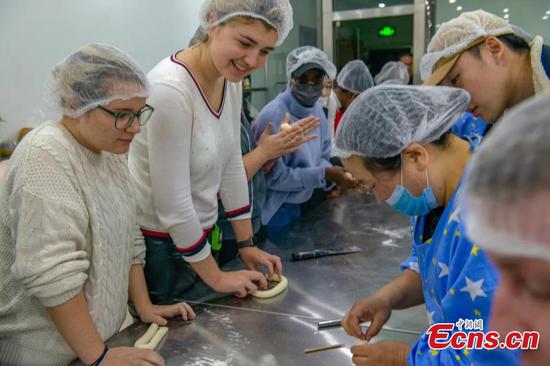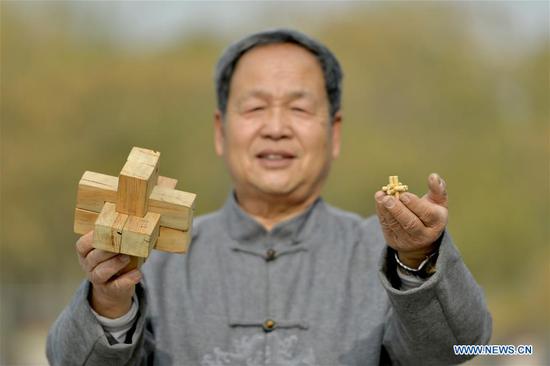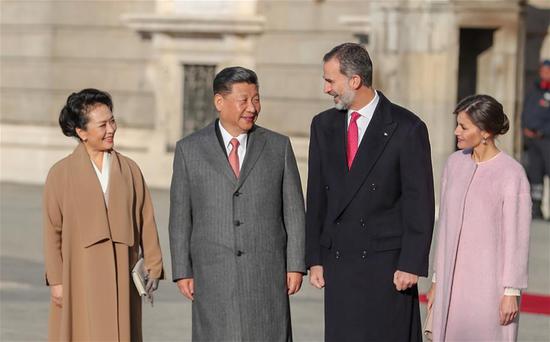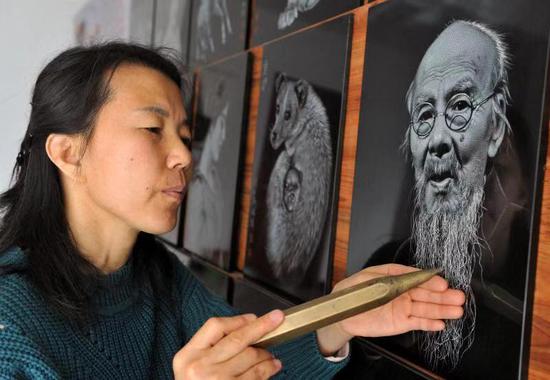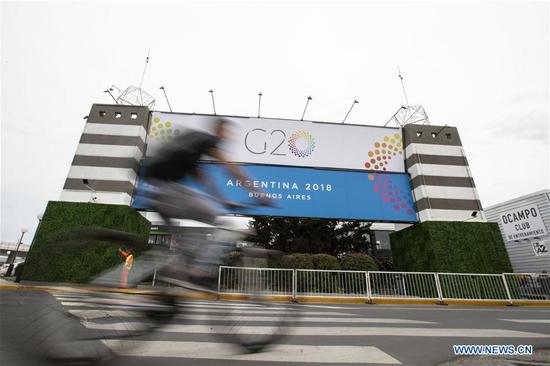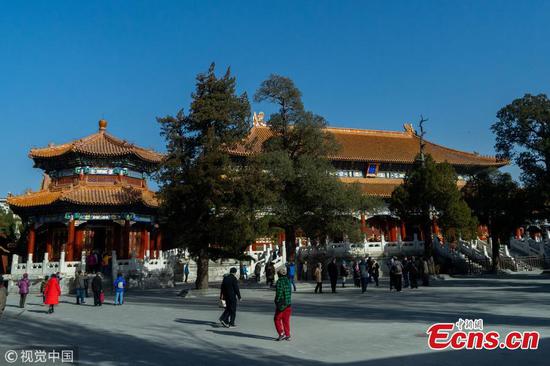Shanghai scientists have discovered a protein called FBXO38 that affects the body's antitumor immunity, providing possible new insight into cancer immunotherapy.
In vitro studies performed by a group of researchers at the Shanghai Institute of Biochemistry and Cell Biology, Chinese Academy of Sciences have shown that a fairly low amount of FBXO38 leads to the accumulation of more PD-1 than the body requires. PD-1 is a molecule that helps keep the body's immune responses in check.
Scientists have many years ago found that tumor cells often multiply and develop by finding ways to overactivate PD-1, which in turn impairs the body's ability to destroy tumor cells.
Their research paper, which took seven years to complete, was published on the website of British scientific journal Nature on Thursday.
The scientists also found that an FDA-approved drug called IL-2 , which is used to treat skin and kidney cancers, can boost the levels of FBXO38 in the tumour microenvironment to improve the effectiveness of killing cancer cells.
However, this drug has not been widely used for its obvious side effects, including vascular leakage and inflammation, the researchers said.
"One possible approach in clinical application might be optimizing the form of the drug and its dosage in the future and exploring its combined use with other therapies," said Xu Chenqi, leading researcher on the team.














